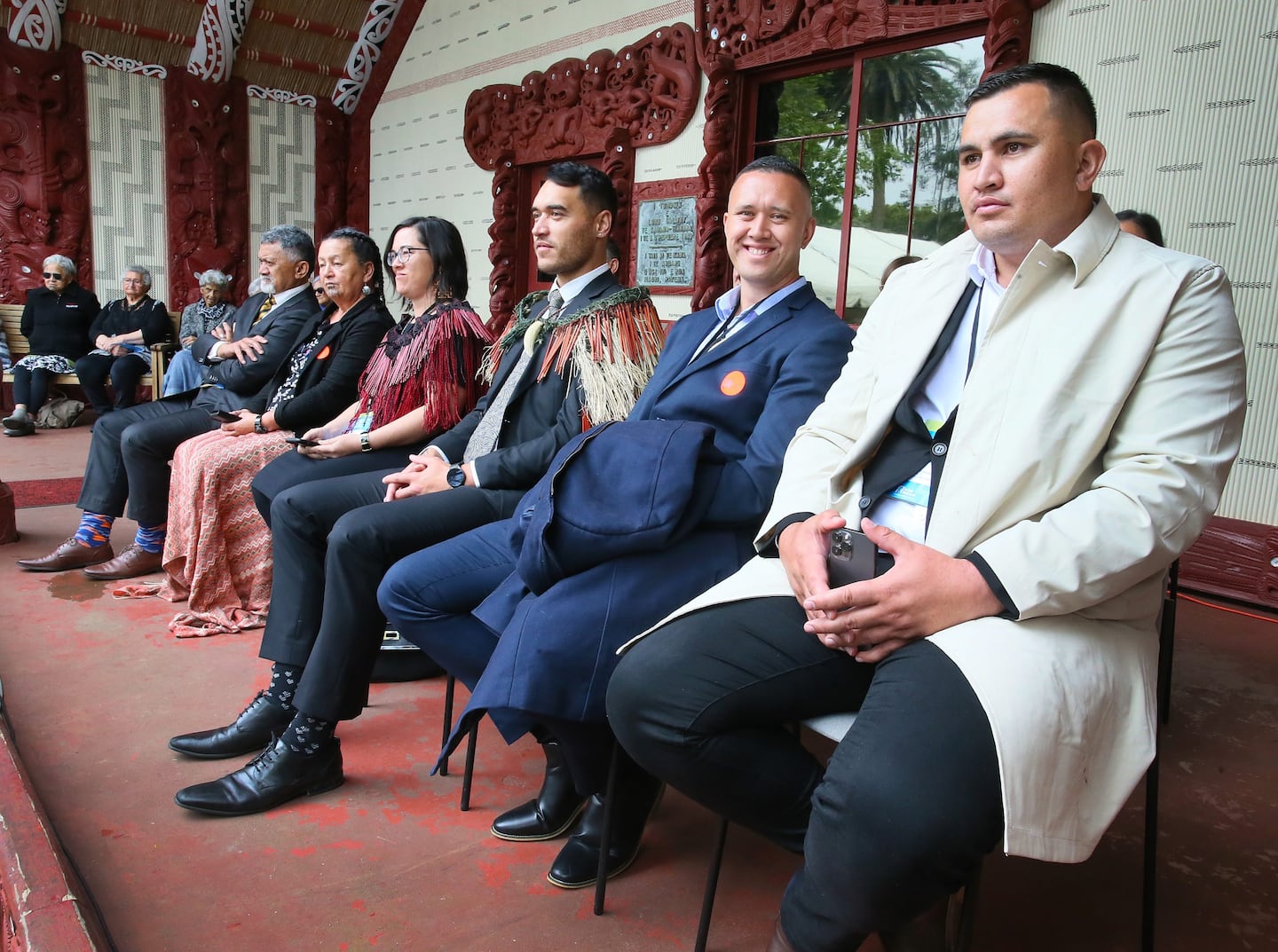Far North Mayor Moko Tepania is calling on all New Zealanders to vote to keep Māori wards at the October local elections polling.
On October 11, polling will close at 42 councils on whether to continue with Māori wards.
Earlier polls have typically resulted in councils’ Māori ward plans being canned.
But the Far North mayor has predicted that will change, because in places like his district people have had a chance to see their Māori wards in action.
Tepania predicts Far Northerners will poll in favour of keeping Far North District Council (FNDC)’s Ngā Tai o Tokerau Maori ward and Northland Regional Council (NRC)’s Te Raki Māori constituency.
“I am optimistic that because of (Te Tai Tokerau’s) Waitangi, the home of the nation where He Whakaputanga o te Rangatiratanga o Nu Tireni /Declaration of Independence of New Zealand and Te Tiriti o Waitangi were signed, there’ll be a positive vote by electors to keep our Māori ward.
“If anywhere in New Zealand can do it, we can,” Tepania said.
Almost 52% of people in the Far North identify as Māori, one of New Zealand’s highest percentages.
Tepania, who is Local Government New Zealand (LGNZ)’s Northland board member, said he did not agree with the requirement for his council to have to poll electors about its Māori ward.
The council in September said it was not a foregone conclusion polling would happen after it chose to recommit to its Māori ward.
FNDC first polled its electors on setting up a Māori ward during a 2015 representation review. Two-thirds of electors voted against this, one-third for. The binding poll precluded the establishment of a Māori ward in the following two elections - 2016 and 2019.
Tepania said that rejection was because Far Northerners had not had a chance to see a Māori ward in action.
That had changed with Ngā Tai o Tokerau starting life three years ago.
The council’s first term Māori ward had surpassed expectations.
He claimed there were many achievements that had been made - for all constituents - with the presence of the ward and its four councillors.
Māori ward councillors’ connections into the community had helped make significant infrastructure improvements for all in the Far North, he said.
Examples of this included working towards resolving longstanding Kaitāia Airport land ownership issues.
Māori ward Cr Hilda Halkyard-Harawira had received an award from LGNZ’s Te Maruata Māori council politicians’ group for her mahi including the airport where she championed the return of the land the airport sits on to Ngāi Takoto and Te Pātu, and Government funding
She’d also had a key role in working towards a more environmentally and culturally sustainable solution to address growing local community concerns over wastewater discharging into Hokianga Harbour, Tepania said.
Māori ward Cr Tāmati Rākena had played a key role in the North Hokianga roading working group, successfully dealing with the Panguru and Motuti slips. The group was formally set up in 2024 between the council and mana whenua to address local roading issues.
Northland Māori ward politicians currently make up 20% of the region’s elected representatives.
Tepania said Māori wards went towards council meeting its requirements to give effect to Te Tiriti o Waitangi under the Local Government Act.
Polling outcomes will take effect from the 2028 local elections, with the decision being binding for the 2028 and 2031 elections.
Northlanders across Far North District Council (FNDC), Whangārei District Council (WDC) and Northland Regional Council (NRC) are among electors at 42 councils who will get to have their say in the binding poll with the following words:
“I vote to keep the Māori ward / constituency”
“I vote to remove the Māori ward / constituency”
FNDC’s Cr Kapa said Ngā Tai o Tokerau Māori ward had given Māori a voice they’d not had previously.
He said it offered a path inside the council chamber for those who had sat outside.
And it brought new opportunity for Māori outside traditional leadership roles to take part.
He said it was important all local election voters in the Far North voted and also had their polling say in October.
Kapa said the council was now working more closely with Northland iwi as a result of the new electoral areas.
Its Te Pae o Uta policy underpinning how the council included Te Ao Māori in its operations had boosted responsiveness to the local community.
Te Kahu o Taonui (Northland Iwi Chairs Forum) member Pita Tipene co-chaired the council’s Te Kauaka Māori committee.




